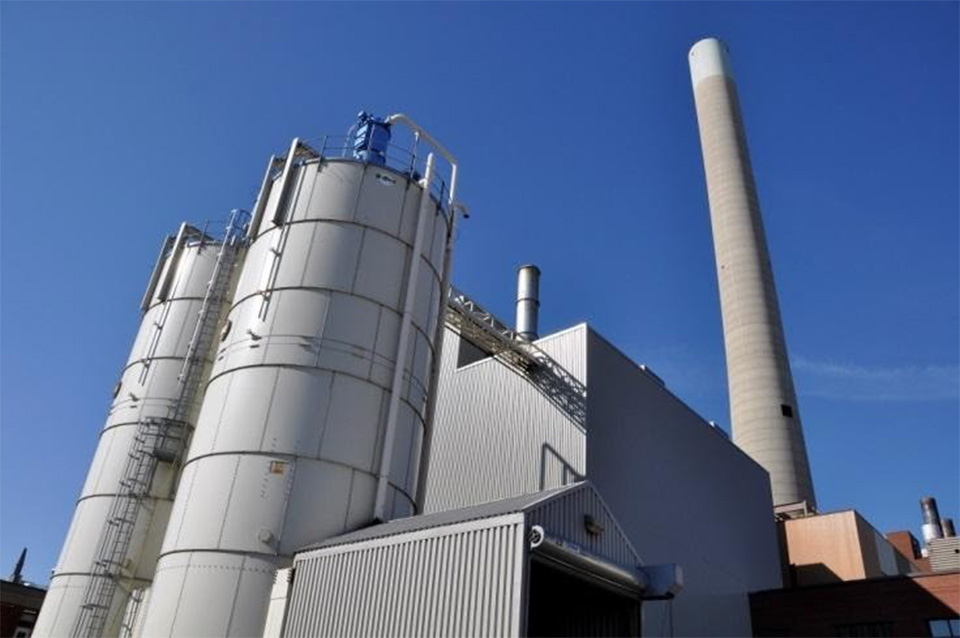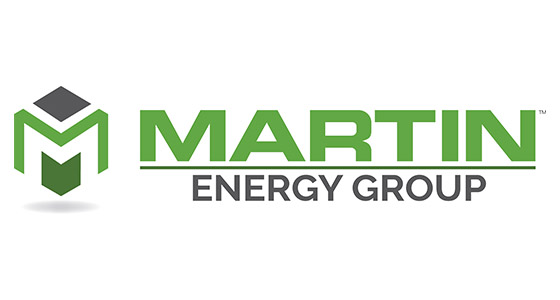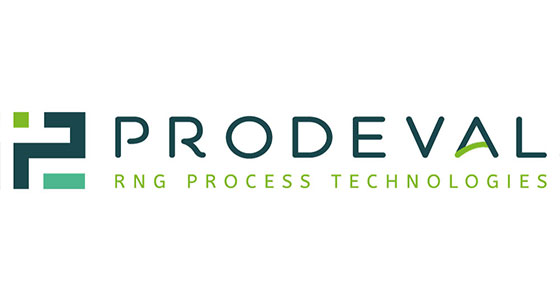Veolia

Veolia is a global environmental services company that designs and operates complex systems around the world specializing in three main areas: water, waste, and energy. Veolia was established 160 years ago as a water company and the company began operations in Canada in 1978 and has been operating for over four decades providing turnkey operations and maintenance services in the water, wastewater, waste, and energy sectors for municipal, industrial, and commercial sectors. The Canadian headquarters is located in Mississauga and currently employs nearly 1200 people across the country.
Wesley Muir, Manager of Business Development for Veolia North America shares that “Veolia is a leader in organics processing with 126 organic processing facilities in the world processing more that 3M tons of organics a year and producing 1M tons of high-quality fertilizer and biogas for beneficial reuse. In the organics processing space, biogas has become a big focus. Veolia helps its customers balance the feedstocks it wishes to process with biogas production to either replace or supplement its existing energy needs or put it into a pipeline.”

Veolia has demonstrated success in providing services to municipalities. In Canada, Veolia operates two notable facilities that are contributing to the circular economy. Veolia operates and manages the City of Toronto Disco Road anaerobic digestion (AD) facility that processes 70,000 tonnes per year of municipal organic waste. Veolia has been operating and managing the facility on behalf of the City of Toronto since it came online in 2014 and has an exemplary operations record. Veolia also maximizes the value from biosolids at the City of Toronto Ashbridges Bay Biosolids Handling Facility. Veolia dries and pelletizes the biosolids to make 25,000 tonnes of commercial fertilizer marketed and sold as Veolia’s Nutri-Pel to agricultural land in southwestern Ontario.
For the future of biogas and renewable natural gas development, Veolia believes there is much potential for organics processing capacity in Canada from stand-alone anaerobic digestion (AD) facilities to co-digestion or co-location of organics processing with wastewater treatment facilities. However, a major impediment to these projects is the traditional project delivery model or public, private partnerships (P3s). While the P3 model is good for municipal infrastructure such as hospitals, it can be very difficult to use the same model for AD projects that inherently can have feedstock variations. Muir notes that “Veolia is advocating a progressive design to build approach to increase the collaboration, flexibility, and transparency in the process to increase value, lower project costs, increase certainty, encourage new and innovative technologies, and provide value and benefits to the host community”. This collaborative approach is something that is very specific to AD projects as environmental infrastructure.
Veolia has been a member of the Canadian Biogas Association (CBA) since May 2020. Veolia joined because they felt that the CBA was at the forefront of important public policy discussions and Veolia wanted to contribute and join their partners and customers in advancing biogas.











